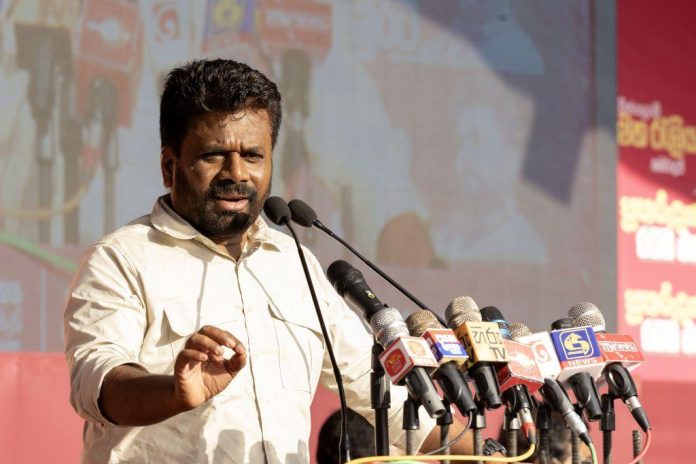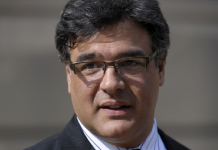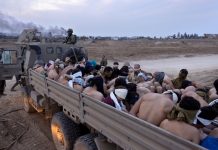COLOMBO, Nov 15 (Reuters) – Sri Lankan President Anura Kumara Dissanayake’s leftist coalition secured a decisive victory in a snap general election, gaining the mandate to implement his plans to combat poverty and corruption. The coalition’s success, which included unexpected support from the Tamil-majority regions in the north and east, signals a significant shift in the country’s political landscape. Analysts suggest that while this victory will enhance political stability, there remains some uncertainty regarding Dissanayake’s intentions to renegotiate the terms of the International Monetary Fund (IMF) bailout.
The National People’s Power (NPP) coalition, led by Dissanayake, won 159 seats in the 225-member parliament, achieving a two-thirds majority. This substantial win reflects a broad base of support, including from minority groups. The Rajapaksa family’s Sri Lanka Podujana Peramuna party, which previously held significant power, was nearly eliminated, securing only three seats. Dissanayake’s coalition now faces the challenge of governing with limited experience among its leaders, but the strong mandate provides an opportunity to drive substantial reforms.
Despite the victory, the economic recovery remains tentative. The IMF’s $2.9 billion bailout has helped stabilize the economy, but high living costs continue to affect many citizens. Dissanayake aims to adjust the IMF targets to reduce income tax and increase welfare spending. However, investors are concerned that revisiting the bailout terms could delay future financial support, complicating efforts to achieve a primary surplus target by 2025. The president’s coalition must balance political ambitions with economic realities to ensure sustainable growth and stability for Sri Lanka.






